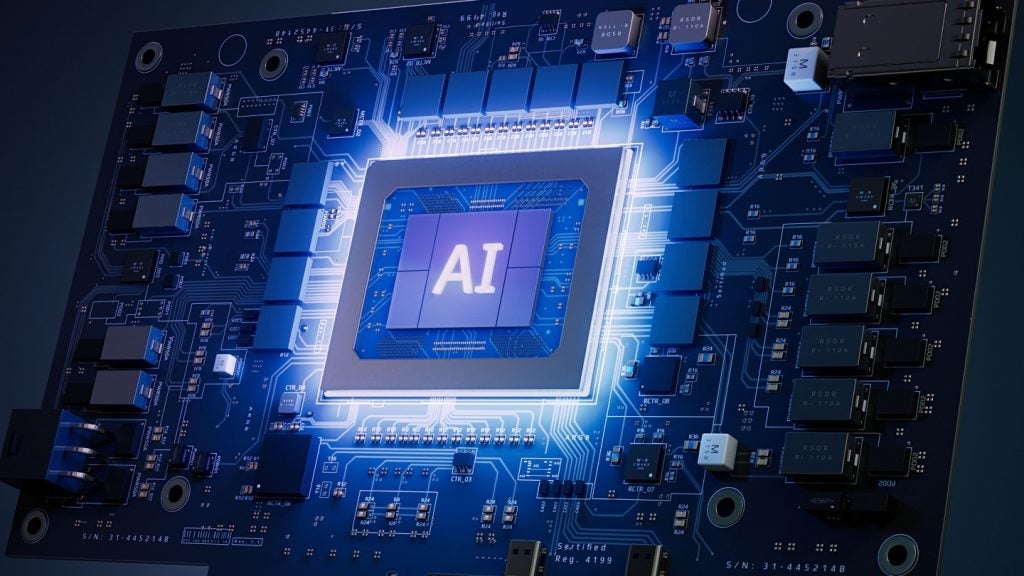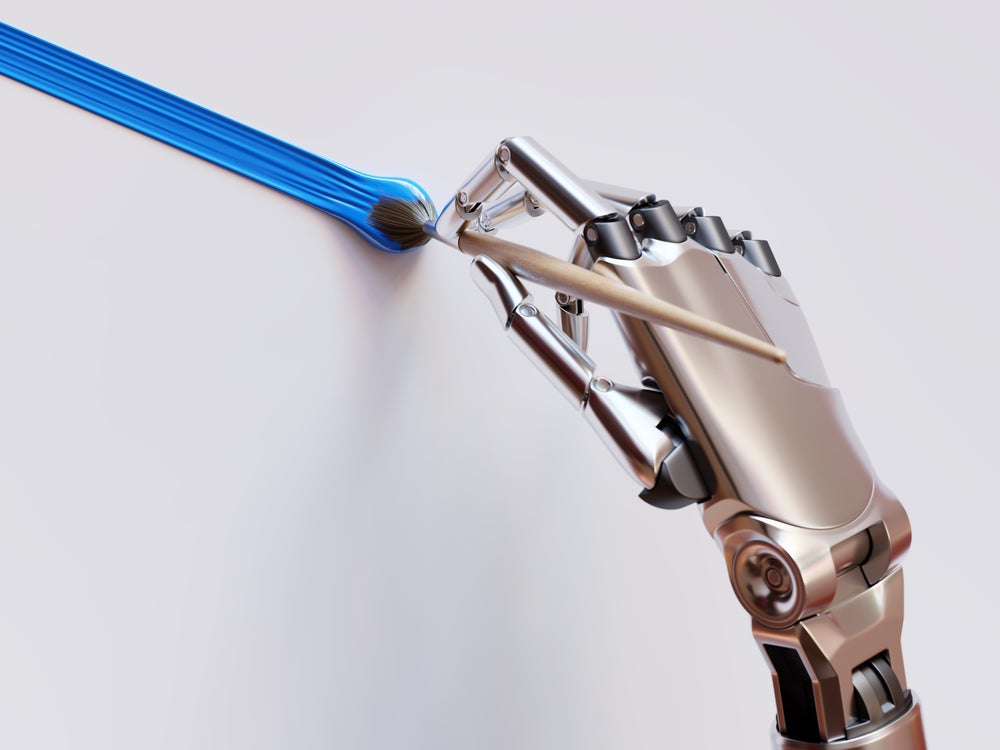
The workplace generation gap between millennials and older employees is putting strain on talent retention, workplace experts have said.
Speaking at the British Venture Capital Association Summit in London, Georgina Squire, head of the dispute resolution at law firm Rosling King, said that millennials had different motives from older generations, and that this was making it harder for businesses to successfully retain talent.
“We are reliant on our people. They are our core. There is now quite a shift in how people view their jobs and careers and we have to address the clashes that can happen sometimes between different generations in the workplace,” she said.
“There are often five generations working alongside each other in a workplace and that does lead to conflicts,” agreed Ursuline Edwards-Sutton, managing director of business consultancy Modus Operandi.
“Businesses need to be more flexible and fluid to meet the different expectations of their workforces.”
Millennials and the workplace generation gap
Central to this workplace generation gap is the rise of the millennial workforce. Born between 1980 and 1995, this group saw their early career dominated by the 2008 recession.
How well do you really know your competitors?
Access the most comprehensive Company Profiles on the market, powered by GlobalData. Save hours of research. Gain competitive edge.

Thank you!
Your download email will arrive shortly
Not ready to buy yet? Download a free sample
We are confident about the unique quality of our Company Profiles. However, we want you to make the most beneficial decision for your business, so we offer a free sample that you can download by submitting the below form
By GlobalDataAccording to research by KPMG, they currently make up 35% of the UK workforce, and by 2020 will account for 50% of the global workforce.
Having grown up with technology, they anticipate significant disruption to their careers in the coming years, and so are less loyal and more purpose-orientated than their older counterparts.
“Millennials now value purpose over pay cheque and are looking for greater communication from their employers,” Edwards-Sutton explained.
“They want personal development plans and training, they need praise and they want to be able to take career breaks.”
Managing the changing workplace
For employers, meeting the needs of this growing group while also managing older workers is a challenge, and Edwards-Sutton advises companies to take action to minimise intergenerational strain.
“It’s not the same as it used to be in the workplace and, more than ever before, there is a need to manage talent well,” she said.
“Businesses have to make every effort to help their teams gel better and hopefully that will result in greater retention of talent,” advised Squire.







